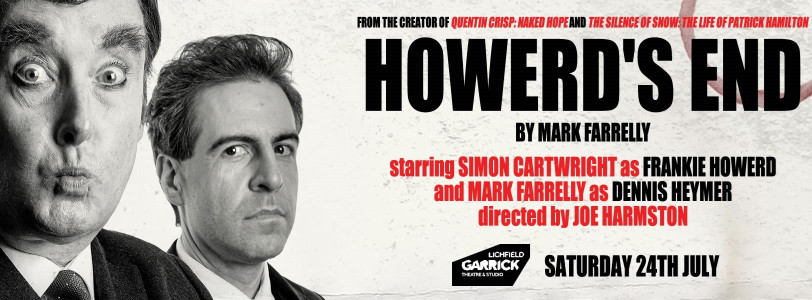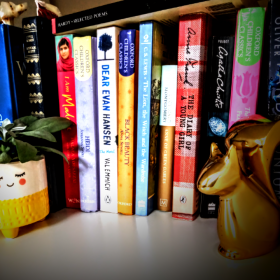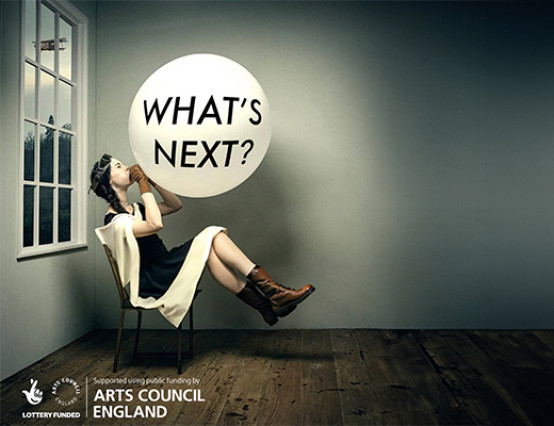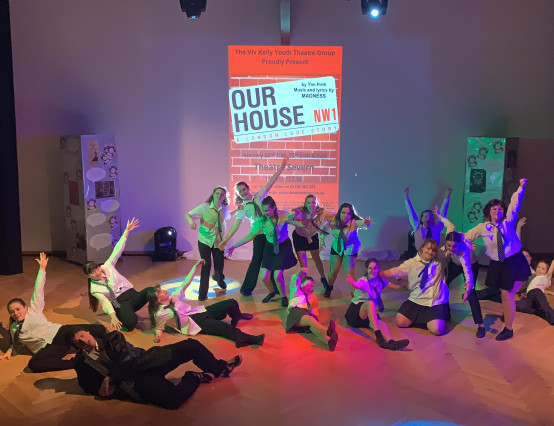Walk into the theatre to find your seats and you’re sure to do a double take. Already lounging on stage is a man, quietly sipping from a glass of what looks like brandy. The set is minimal, however throughout the play, impeccably cued sound effects and miming set the scene perfectly. To begin with, cosy hues and a subtle smoke machine enhance the mood, creating a somewhat transcendental atmosphere as the ‘ghost’ of Frankie Howerd appears. Curiously, we begin the story in the future, get transported to the past, then end neatly with the prologue. Impressively, although there were only two cast members, the stage always felt full of their extraordinary personalities and vividly reimagined characters. Actors Mark Farrelly and Simon Cartwright exuded confidence, commanding every inch of the stage. Their spontaneous, almost pantomime-style audience interaction kept many on their feet and seemed to blur the boundaries between audience and performer.
Making up for stolen time after a life of ‘living in plain fright’, Frankie and his secret gay lover Dennis amend regrets in their repressed relationship closing the rift between them. In parts, I truly felt as if I were sneakily watching in on an incredibly private and precious moment. However for me, during much of the sobriety, Cartwright’s impressions of the comedian interjecting each scene made it impossible to remain serious. But it must’ve struck chords with some, as one lady remarked afterwards that she was glad she had worn waterproof mascara! Fans of this esteemed comedian will adore this eighty minute play as Farrelly who also wrote it, has stayed true to the real thing with several mini stand-up comedy sketches seamlessly slotted in and riddled with trademark innuendos. Thankfully adapted more for the 21st century, there was none of the racism and sexism depicted in many of Howerd’s works, such as the Carry On films.
Interestingly, there is much more weight to this piece than meets the eye. For Farrelly, the fearful, restrained relationship between these two conflicted people reflected previous relationships he himself had experienced, as well as that of his parents. His aim (as well as paying tribute to Howerd with a proper send off and ‘salute’) was to encourage the audience to truly think about themselves and whether they too have been afraid to ‘jump’. Because, unlike in the play, life doesn’t give us second chances...
Described as a ‘piece of therapy’ by its writer, this play explores meaningful and difficult themes in an uplifting, accessible and light hearted way. Many even deemed it worth a standing ovation.









0 Comments